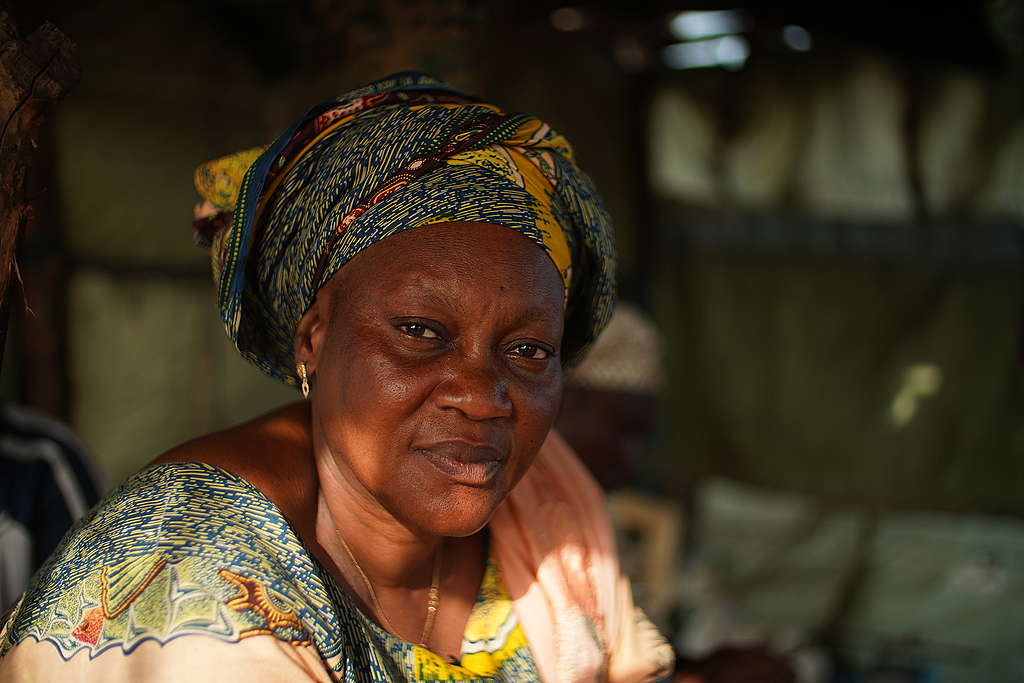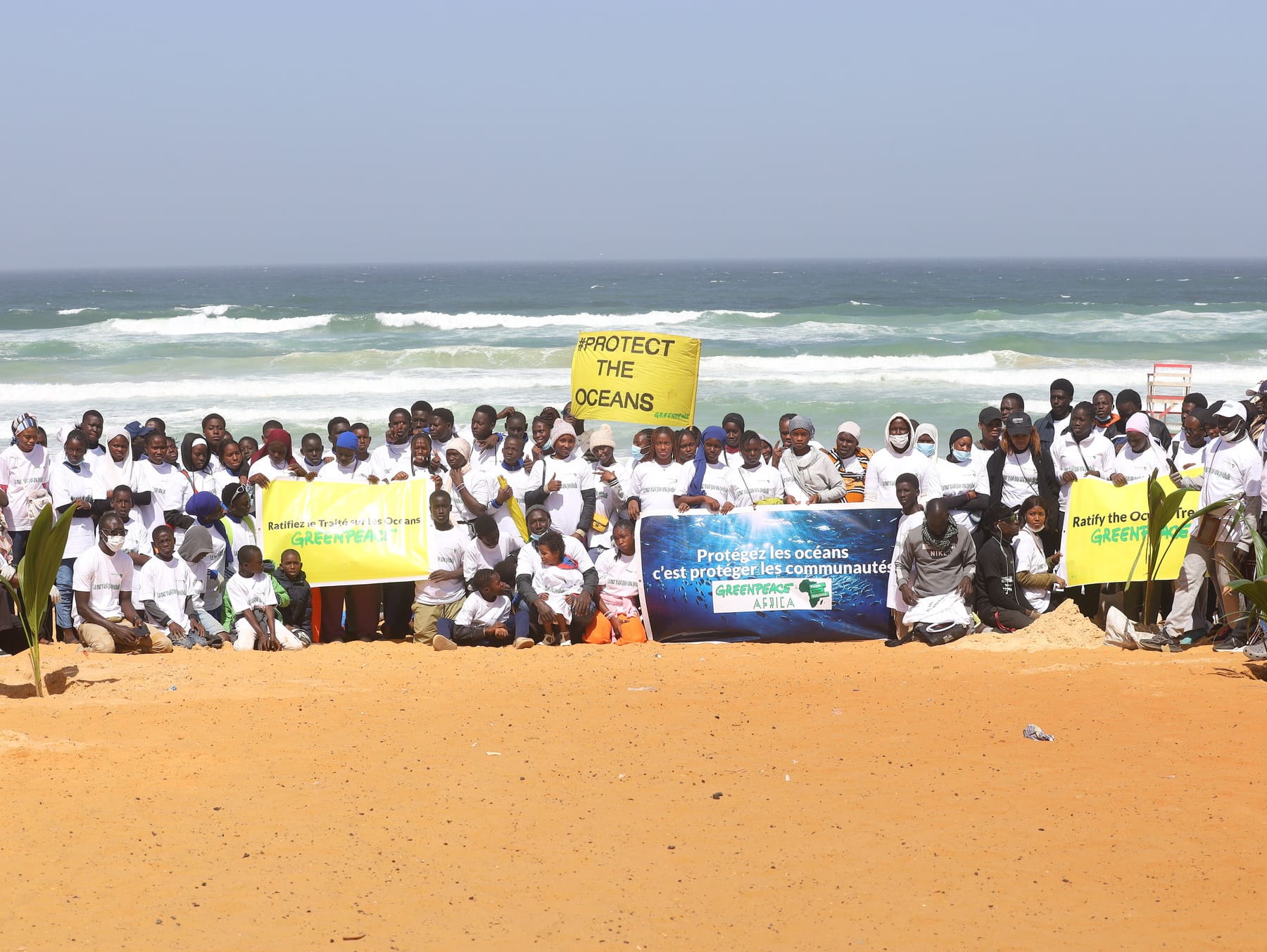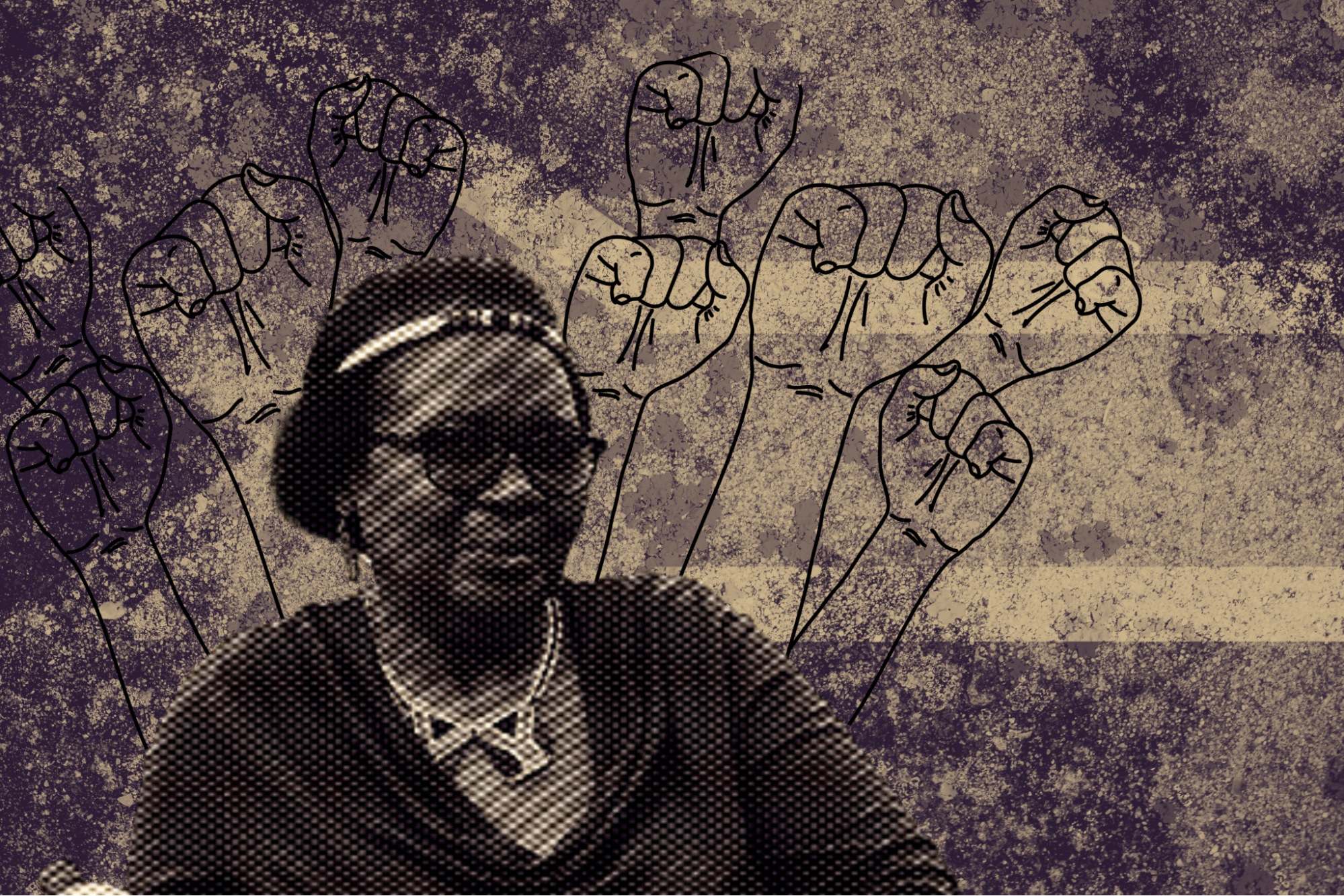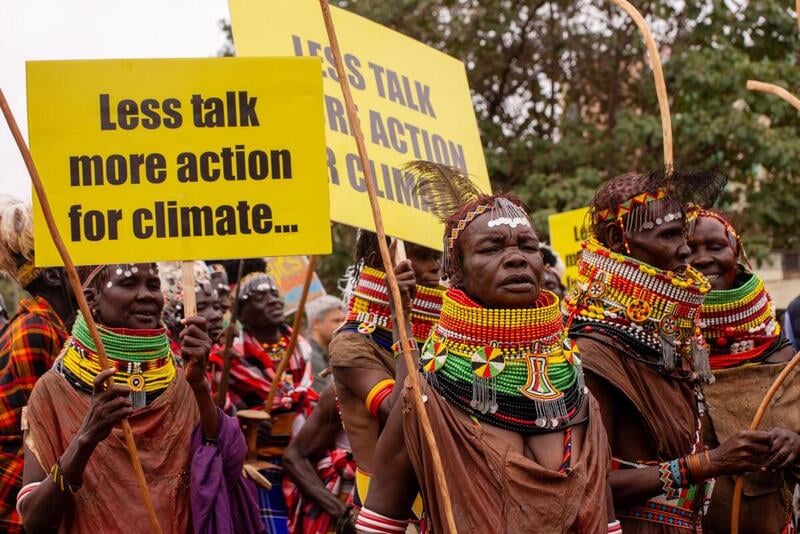In the West African region and in Senegal in particular, the fishing sector has faced many difficulties in recent decades. The containment imposed by COVID-19 has been a godsend for the plunderers of West Africa’s maritime resources. It so happens that most of the fish are in a situation of full exploitation. Some have even exceeded their optimal level of exploitation. The marine ecosystems on which these stocks depend are increasingly degraded due to pollution, overfishing by foreign European and Asian fishing vessels, destructive fishing methods, Illegal, Unregulated and Unreported (IUU) fishing and climate change.
The impacts are thus very negative on fish stocks, reproduction, recruitment and migration, but also on food security, livelihoods and the well-being of thousands of people. Women are strongly impacted because they play a crucial role in processing the raw material. They contribute to create added value and mitigating post-harvest losses, and then supply the less fortunate populations of Senegal and the West African region with affordable animal proteins with high nutritional value.
The report Seasick: As COVID-19 locks down West Africa, its waters remain open to plunder,, which has just been published by GP Africa, beyond the issues of transparency and the plundering of the region’s fishing resources, poses above all a structural problem that like a vicious circle locks communities into a cycle of predation that has lasted since decades. Plundering has never ceased in reality, it even increased during the COVID-19 pandemic, these forms and methods are the only variables. The number of fishmeal and fish oil factories is increasing exponentially due to inappropriate regulations and decision-makers who still do not perceive the evil of this industry. The murky circumstances of licensing, which at best would have been issued without due process and the same licences are renewed every year, renewing a violation of the regulations. Beyond the infraction, it is also and above all a question of ethics and common sense, as it is difficult to understand how a poor indebted country can find a way to allow its resources to be monopolized by a minority of the same country and foreigners to either feed the animals or people in Europe and Asia. These same countries and the institutions they run are always the first to come to “help” the country they exploit.
This system is, of course, covered by laws and regulations tailored to allow for the continuity of the looting. The big losers are the people, but also the rulers who hold the destiny of the country and do not realize that they are as exposed as the communities. The various governments that have succeeded one another always realize their lack of courage and vision once they are no longer in power.
The question then is, do multinationals, large corporations and governments alike; have the right to deprive millions of people of the resources on which they depend for their survival?
Without a doubt, the answer is no.
So why does this continue, despite the regulations, laws and other instruments, national, regional and international, that seem to protect populations but in reality remain ineffective and far removed from the realities of the actors?
No lesson seems to have been learned from the COVID-19 pandemic, the race for profit, for profitability, resumes more and more on the backs of those who have no choice.
It is now up to the communities to get together and fight for the respect of their right to food, to decent work and to live in a healthy environment.
West African fishermen should be able to feed themselves by fishing or by buying their food with the sale of their catches and for this the resource should be available and accessible, but this is not currently the case. The gaps in the different regulations seem to be blessed bread for predators. The legal codification of the regulation makes it mandatory to consult and involve the fishing stakeholders in the decision making processes, but does not make it mandatory to take their opinion into account, which poses a problem of transparency in the final decision making, a problem of equity, sustainability and accountability in the fishing sector.
Governments, their technical and financial partners and the actors of the fishing sector must recognize the legitimate rights of the communities on the resources, respect local norms and practices, and protect the access fish for small-scale fishing communities as the only guarantee of stability and sustainable development.
Greenpeace calls for the immediate cessation of fishmeal factories, the publication of the list of boats fishing in Senegal and the recognition of the women fish processors profession. Join us and support fishing communities and women fish processors by signing this petition.
Dr Ibrahima Cissé is Greenpeace Africa’s Senior Oceans Campaigner, based in Dakar, Senegal.




